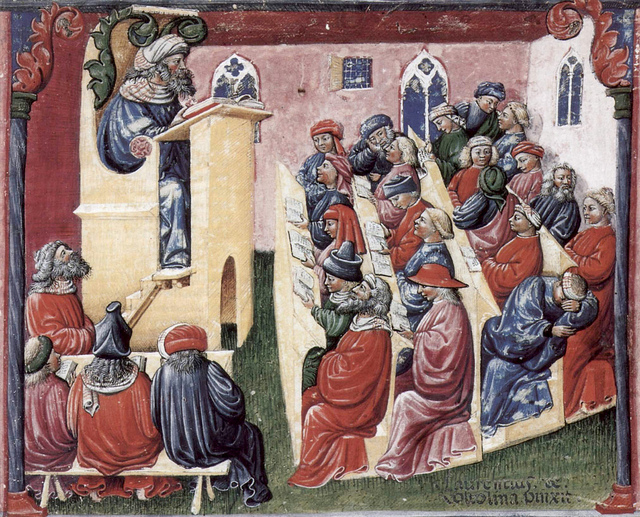Several times over the past few months, I have had the wonderful opportunity to reconnect with some of my former students. In addition to these times, I try to keep up with others through Facebook, Twitter, or email. I highly value these connections and gain as much or more than my students from them.

Photo credit: Flickr whologwhy
I didn’t originally intend to get my doctorate to become a professor. I wanted to get into higher education administration. Ultimately, I decided to pursue a faculty route but thought it would only be for a few years. One of the biggest reasons I am still a faculty member today is how much I value my connection with students—current and former.
Many of us get into higher education because of the desire to educate and improve the lives of our students. The depth and connection I have with my students keeps me energized and challenges me on almost a daily basis.





